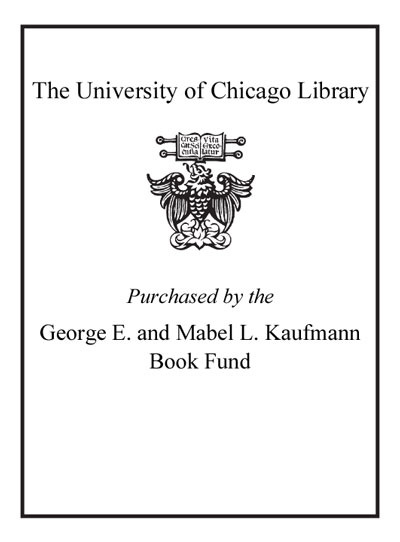Review by Publisher's Weekly Review
Iranian journalist Asadi offers a searing and unforgettable account of the six years he spent in prison after being arrested in 1981 in the aftermath of the Islamic revolution. Twenty years later, now living in Paris, Asadi records his recollections of torture and imprisonment in the form of 27 letters to his interrogator, whom he calls Brother Hamid. Required at all times to wear a blindfold in Brother Hamid's presence, Asadi developed a relationship with and a perverse dependence upon his torturer, which he describes in graphic detail, along with the endless parade of humiliations he was required to endure while being falsely accused of being both a British and a Soviet spy. Asadi is a gifted storyteller; even if the text, which jumps about chronologically, can be momentarily confusing, his ability to convey the toll of torture and imprisonment is undiminished. And the choice of the epistolary narrative device is a felicitous one: it's as if the reader has found these letters in a shoebox or a locked drawer, making for harrowing and unique reading. (June) (c) Copyright PWxyz, LLC. All rights reserved
(c) Copyright PWxyz, LLC. All rights reserved
Review by Library Journal Review
Iranian journalist Houshang Asadi was arrested in 1981 and spent the following six years in prison. While in prison, a man Asadi calls Brother Hamid brutally and extensively tortured him until he would admit to anything. Through frequent exposure to extreme pain and humiliation, Asadi confessed to spying both for the Soviets and for the British. Finally, because of a chance encounter with the Ayatollah Khameni, Asadi regained his freedom. Each chapter here begins with a short section addressed directly to Brother Hamid and is followed by passages recounting the memories and thoughts that the letter brings to mind. The passages are beautifully crafted, lyrical, and sad. When he speaks about his torture in detail, his story is also deeply disturbing. For the lay reader unfamiliar with the details of Iran's complex political history, however, Asadi's story is ultimately confusing and inaccessible. Although there are occasional explanatory endnotes, a special foreword addressed to foreign readers would make this book less opaque to a general audience. VERDICT An important firsthand account of Iranian prison conditions during the 1980s that scholars of Iranian history will want to read.-April Younglove, Rochester Regional Lib. Council, NY (c) Copyright 2010. Library Journals LLC, a wholly owned subsidiary of Media Source, Inc. No redistribution permitted.
(c) Copyright Library Journals LLC, a wholly owned subsidiary of Media Source, Inc. No redistribution permitted.
Review by Publisher's Weekly Review
Review by Library Journal Review

